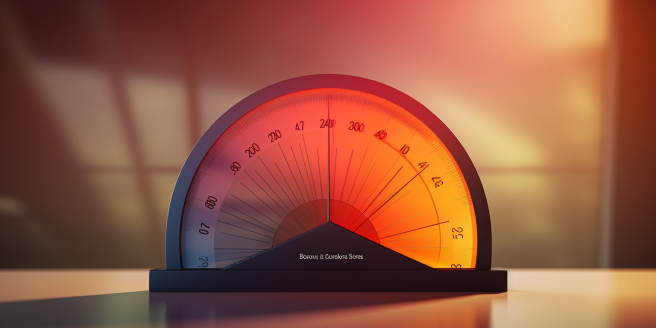In the world of modern finance, credit cards are like double-edged swords. They can be your best pal for managing cash flows or the nemesis that drags your finances into the abyss. Sure, they offer convenience and rewards, but if not managed prudently, credit card debt can be detrimental to your financial health. Let’s break it down.
Understanding the Mechanics of Credit Card Debt
Credit card debt isn’t just the amount you owe; it’s more like a growing organism fed by interest rates, payment habits, and credit card usage. When you make a purchase with a credit card, you’re essentially borrowing money from the card issuer. Sounds simple enough, right? But here’s the kicker: if you don’t pay off your balance in full by the due date, interest starts to accumulate on your remaining balance. And this interest isn’t just a one-time thing; it will compound, meaning you’ll pay interest on your interest. This can create a daunting financial hole that’s hard to climb out of.
The High Cost of Compound Interest on Credit Balances
Compound interest is like that friend who keeps borrowing money and then somehow ends up owing more friends. Not so friendly when you’re the one lending, right? With credit card debt, compounding interest can make your balance balloon faster than you can say “debt-free.” For example, a $1,000 balance at an 18% annual interest rate can leap to about $1,180 over a year if untouched. And this is a conservative example; many credit cards have higher rates or calculate interest daily. This exponential growth can quickly derail your financial plans and cost you significantly more over time.
Credit Scores and Long-Term Financial Impacts
Your credit score is like your financial report card and it can affect many aspects of your life, from renting an apartment to the interest rates on loans. High credit card debt particularly impacts your credit utilization ratio, which is a fancy term for the amount of credit you’re using compared to your limits. A high utilization could signal to lenders that you’re a risky borrower, which can lead to lower credit scores. This, in turn, might saddle you with higher interest rates on future loans or even outright rejections. It’s a long-term impact that can have some seriously inconvenient consequences.
Debt’s Ripple Effect on Budgeting and Savings
Ever tried scooping water out of a sinking boat? That’s what budgeting with substantial credit card debt feels like. Instead of funneling money into savings or investments, your hard-earned cash is going towards paying off the pricey monster that compound interest has created. It restricts your ability to plan for future goals and can force you to live paycheck to paycheck. Long story short, the more debt you have, the less cash you have for everything else—today and tomorrow.
Strategies to Manage and Eliminate Credit Card Debt
The good news is, no matter how daunting your credit card debt looks, there are strategies to tame it. Start by mapping out all your debts, understanding the interest rates, and prioritizing them, usually by tackling the highest rates first. Consider consolidating your debt with a balance transfer credit card or a personal loan with lower interest. And, of course, adjusting your budget to cut unnecessary expenses is crucial. The goal is to create a plan that allows you to pay down debt efficiently while still leaving room for other financial priorities. Reclaiming your financial freedom is all about creating, committing to, and executing a solid plan.
Credit card debt doesn’t have to hold you back. Understanding the mechanisms at play and the potential consequences on your finances is the first step. Taking action to manage and reduce your debt will help ensure it’s a tool for convenience, not a trap that undermines your financial wellbeing. Happy budgeting!


